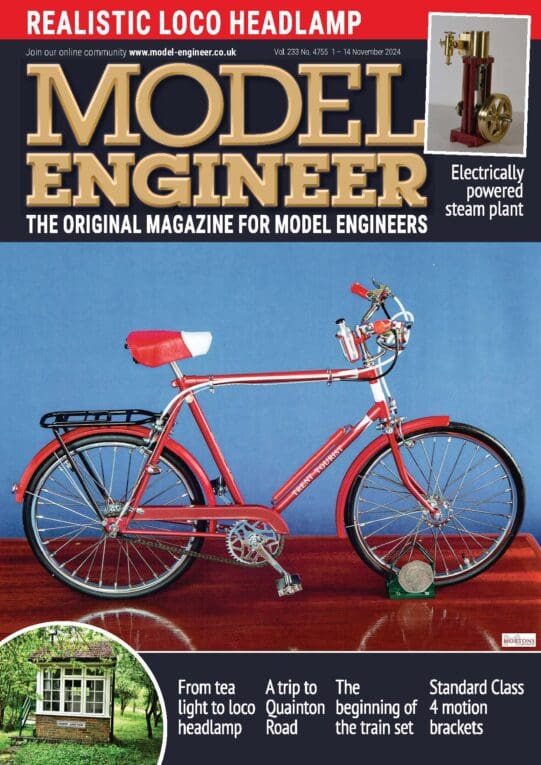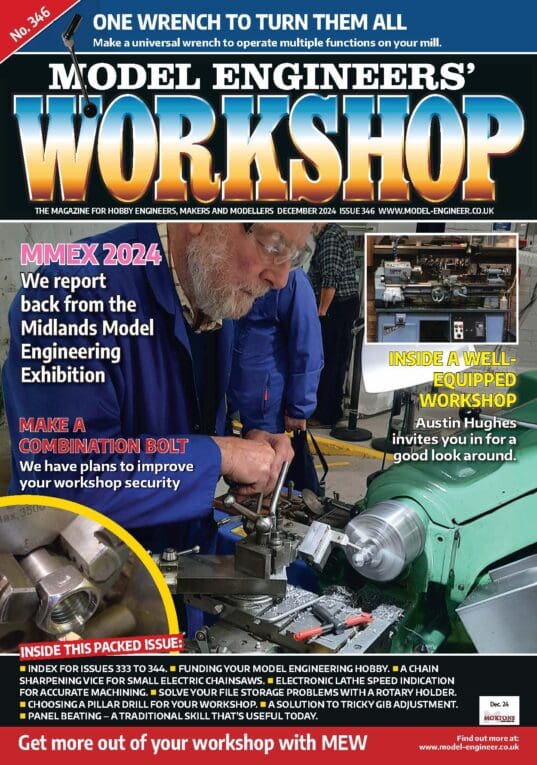Greetings from an Industrial Graveyard
Greetings from an Industrial Graveyard
- This topic has 28 replies, 10 voices, and was last updated 5 May 2017 at 23:21 by
George Becker.
- Please log in to reply to this topic. Registering is free and easy using the links on the menu at the top of this page.
Latest Replies
Viewing 25 topics - 1 through 25 (of 25 total)
-
- Topic
- Voices
- Last Post
-
- Creworks Lathes on Amazon UK – some big price drops for Black Friday Week
- 1
- 23 November 2024 at 20:30
Viewing 25 topics - 1 through 25 (of 25 total)
Latest Issues
Newsletter Sign-up
Latest Replies
- maid of kent valva gear
- Co-ordinate positioning for circle of holes (not all equally spaced)
- What is (Traditional) Model Engineering?
- A blast from the past
- Measurement history
- Creworks Lathes on Amazon UK – some big price drops for Black Friday Week
- What did you do Today 2024
- ML10 questions
- chenery 9 cylinder gnome
- Westbury Cam Turning Jig






